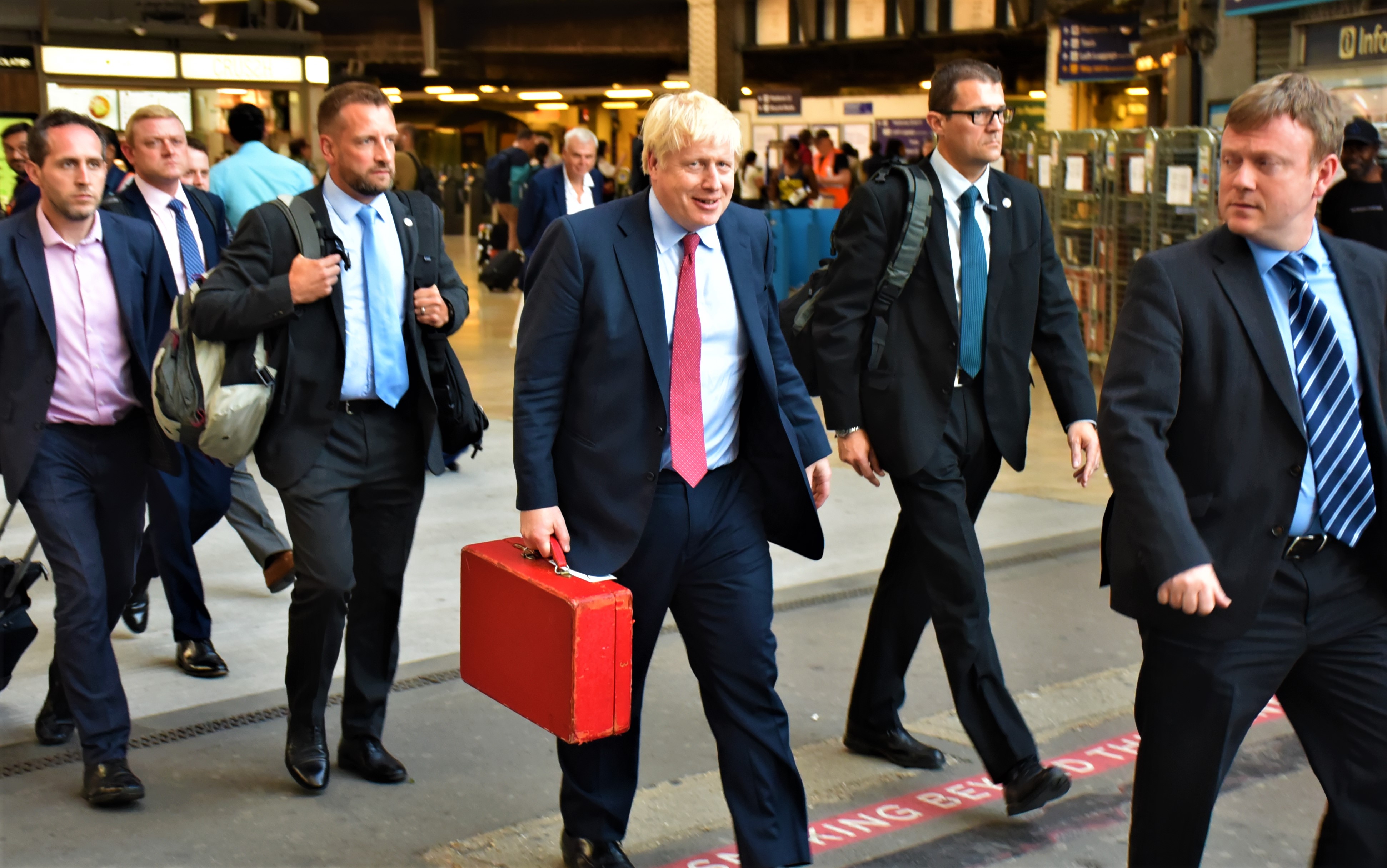

Britain’s grip on the international stage as a leader in development and foreign aid is beginning to fade. Departments have been merged, cuts have been made, budgets have been reallocated, and vital programmes have been cut short. In a 2010 report by the Development Assistance Committee, the UK was described ‘as an international development leader in times of global crises’. In 2021, spending on aid was almost 20% lower than in 2020, its lowest since 2013. Britain’s vital supply line of development is dwindling at a time when it is most needed. Whether it’s budget cuts, the Ukrainian war, the pandemic or the merging of the FO (Foreign Office) and DFID (Department For International Development), Britain’s foreign aid has been reprioritised by the government.
What cuts were/will be made?
The original targets for 2021 were to spend 16.1 billion on aid, around 0.7% of GNI (Gross National Income). These targets were announced as part of the spending rounds back in 2013 and made into law in 2015. In 2021, the government ended their 0.7% commitment, instead, spending 11.5 billion, 0.5% of GNI.
The government justified the cuts by referencing a piece of legislation from 2015 that discloses ‘fiscal circumstances’ should the government fail to meet 0.7%. The fiscal circumstances, in this case, were the pandemic. According to an audit report, 11% of the UK’s 2020 aid budget was reprioritised to Covid initiatives. To the government, reducing the budget to 0.5% was a necessary decision to help public finances. However, not all hope is apparently lost, as the government has pledged to get aid back to 0.7% by 2024…
According to a publication from Save the Children, there’s a 2.8 million lump sum likely to be deemed ‘unessential’ and in the firing line for cuts. These will be programs such as education, energy, health, government & civil society, amongst others. It’s difficult to say what the government determines as ‘non-essential’. In fact, even MPs aren’t quite sure what the criteria is, as Sarah Champion, chair of the International Development Committee, has also sought clarification on what the department considers non-essential aid.
Many seemingly essential services appear to have been cut, and according to an audit report, many cuts have been made with little consultation. The UNICEF fund will drop by 60%, UNAIDs is set to lose 80%, Médecins Sans Frontiers stated that programmes were cut overnight, and the WHO have said they’ve lost all UK funding for their Polio Eradication Initiative. By nations, aid was slashed by 69% in Syria, 62% in Bangladesh and 49% in South Sudan. Aid for Yemen went down by 87 million in 2021, and the IRC stated 11,000 girls in rural Pakistan wouldn’t be able to attend school due to cuts.

Where does the budget go?
Before even thinking about what can and can’t be cut, much of the FCDOs budget is already allocated. Commitments to multilateral funds such as the World Bank, IMF, and global health initiatives mean cuts will have to hit somewhere else. Reportedly, the treasury has instructed the FCDO to stop ‘non-essential’ payments. Over three-quarters of the £9,200mn budget will likely be allocated to ‘essential’ payments. These will be payments like multilateral core funding, Covid vaccine donations, conflict, stability, security funds, etc. As a result, it looks like bilateral funding will have to bear the brunt of cuts.
Has Ukraine affected Britain’s foreign aid?
The UK has been a firm supporter of Ukraine, providing £2.3 billion in assistance up until now. It’s fair to say that Ukraine sits relatively high on top of the many international crises demanding the UK’s attention. But in a roundabout way, much of the budget allocated to Ukraine is spent domestically.
The UK has taken in around 115,000 Ukrainian refugees since August, and to support those refugees, the government has set up two schemes, the Sponsorship Scheme and the Family Scheme. For both schemes, expenses like accommodation, health, welfare and education are eligible to be counted under ODA (Official Development Assistance), which is a part of the UK’s aid budget. Although allowed, the UK is one of the few countries to count hosting costs under ODA and is the only G7 country that does. Of the £11 billion budget, £4 billion goes to multilateral commitments, with £7 billion for direct aid. Of that 7 billion, an astonishing half will be spent domestically, with 3 billion dedicated to Ukrainian refugees. This means, as Andrew Mitchell, Development minister at the Foreign Office, suggests, a mere 0.3% of GNI is being used for overseas development. The last time foreign aid was that low was in 1997. The foreign aid budget is being pinched from all directions at a time when some of the most pressing humanitarian crises -such as Sudan and Afghanistan, to name two- are just around the corner. You can’t fault the government for prioritising Ukraine, but the lack of transparency on where aid actually goes is concerning.
Recent cuts to foreign aid are a small part of the story when it comes to British foreign aid. 2020 marked the first time since 2013 that the 0.7% of GNI commitment wasn’t met. Undoubtedly, the pandemic affected the governments’ past ability to meet 0.7%, and Ukraine looks like it will affect its prospects. However, it is difficult to determine to what extent cuts made in the name of each crisis are justified.
If we’re honest, the government’s position on foreign aid and development is nothing new. You can trace the government’s position on foreign aid back to 2020 with the merging of DIFID and the FCO. Amidst opposition and evidence of failure by the ICAI (Independent Commission for Aid Impact), the merging of the departments was never done because of the pandemic.
Although I paint a rather bleak image of the UK’s contribution to humanitarian aid, it’s important not to understate the UK’s international reputation on foreign aid. The UK is the third biggest donor of aid in the world and the fourth largest donor to the OECD (Organisation for Economic Co-operation and Development). Historically, the UK has been a real leader in development and humanitarian aid, but recent cuts threaten to tarnish that reputation. With recent government proposals to restore aid to 0.7% of GNI, there is hope for those who so desperately need British aid right now.
Sources:
Red Cross: Bryan Dahlberg, Public domain, via Wikimedia Commons
Crown Jewels: United Kingdom Government, Public domain, via Wikimedia Commons





































